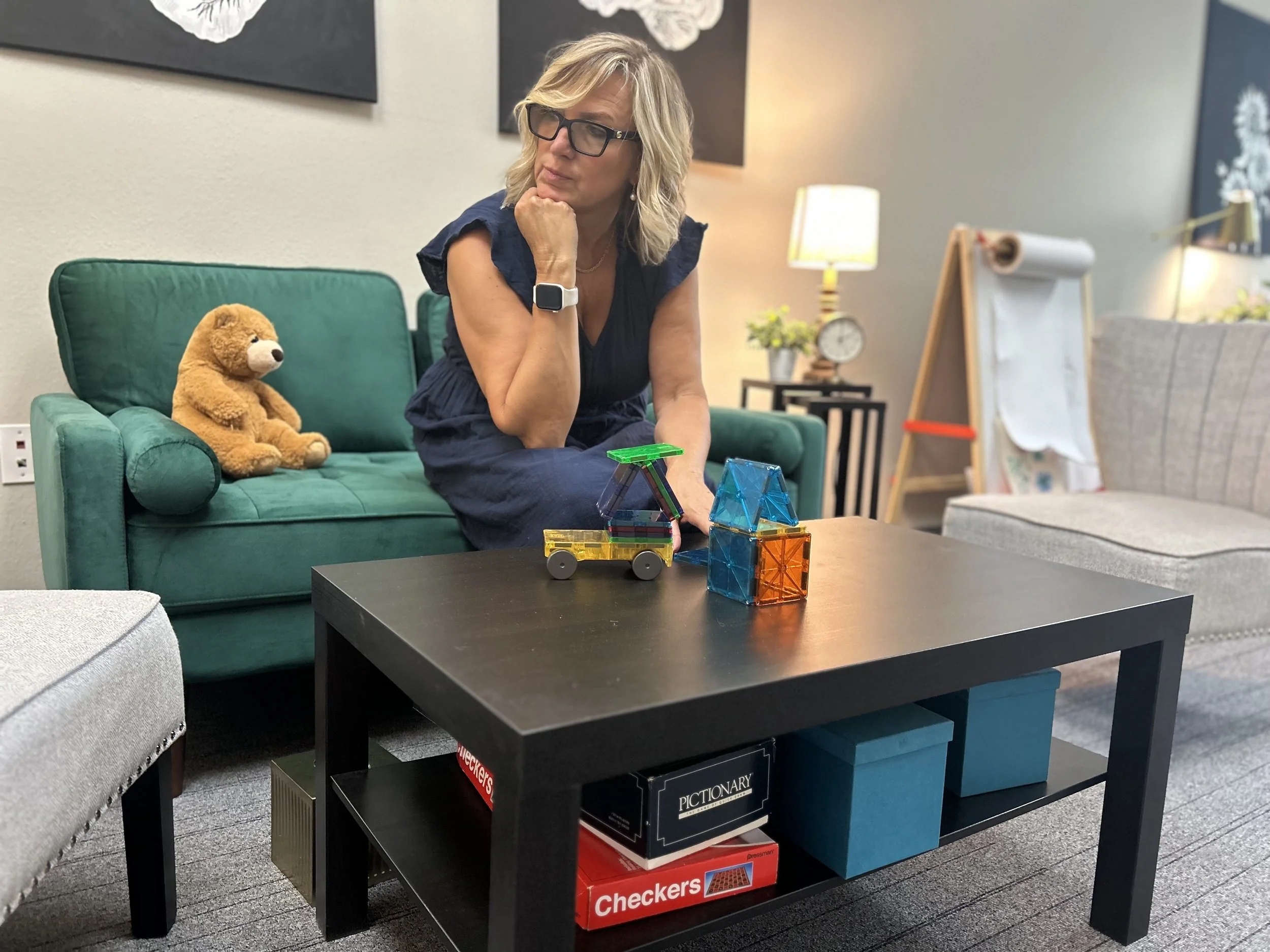Tips for Managing ADHD: Rest, An Active Part of ADHD Self-Care
ADHD Counseling in Santa Clarita, CA
If you or someone you love has ADHD, you’ve likely seen how hyperactivity can cause issues—a lack of rest and self-care is part of this.
As a Licensed Professional Clinical Counselor in Santa Clarita specializing in ADHD, I often see clients with ADHD grappling with the idea of rest. In our fast-paced world, it’s easy to see why! For many, slowing down can feel unproductive or even uncomfortable—especially when our brains get into that addictive hyperfocused mode. But the truth is, rest is an active, essential part of self-care, especially for those with ADHD.
ADHD brains thrive on novelty and high stimulation, so when we’re in the zone, we’re often all-in, sometimes to the point of ignoring basic needs. We might skip meals, forget to stand up, or push through exhaustion simply because our minds are laser-focused on a task. This hyperfocus might feel rewarding at the moment, but it can lead to burnout and overwhelm if we don’t balance it with intentional breaks.
For many people with ADHD, rest has also been stigmatized. Perhaps your family culture emphasized constant productivity or even equated rest with laziness. When rest feels counterintuitive, it’s easy to push yourself past healthy limits, ignoring your body’s signals until you’re fully drained.
The Challenge of Rest for ADHD Minds
Robin Martin is a Christian Counselor (LPCC) specializing in children, teens, young adults, and families in Santa Clarita, CA.
Why Rest Matters for ADHD Management
Ignoring rest can increase stress and diminish executive functioning, making it harder to stay organized, focused, and motivated. ADHD brains already work extra hard to manage attention and impulse control; without downtime, symptoms can intensify, impacting work, relationships, and personal goals. Rest isn’t just a break; it’s a strategic choice to recharge so that we’re more capable, resilient, and self-aware in the long run.
Practical Tips for Prioritizing Rest
Self-care can be challenging for those of us with ADHD, there are ways to manage it. Here are some strategies I use in my counseling practice that might help:
Set Timers to Break Hyperfocus: Use timers or alarms to pause and check in with yourself every 30-60 minutes. A quick stretch, a glass of water, or even a brief mindfulness exercise can keep your body and mind from getting overstressed.
Establish a Night Routine: Consistent sleep is essential, yet it’s often elusive for those with ADHD. Try winding down with calming activities—journaling, gentle stretches, or soothing sounds—to signal your brain that it’s time to rest.
Embrace Mindful Rest: Rest doesn’t always mean sleep. Meditation, breathing exercises, or even a quiet walk outside can restore balance and provide the brain with a much-needed reset. Engaging in activities that feel restful, rather than purely productive, can help reinforce the value of relaxation.
Challenge the “Work is Everything” Mindset: If you struggle with perfectionism or overworking, remind yourself that rest contributes to productivity. When you prioritize downtime, you’re more likely to work efficiently and make better decisions.The Bigger Picture
A Balanced Approach to Productivity
Prioritizing rest requires self-compassion and awareness, especially if you’ve developed habits of overworking or undervaluing relaxation. Recognize that ADHD is a neurodevelopmental disorder that requires balance and intentionality for optimal functioning. With practice, rest can become a powerful part of your ADHD management strategy, helping you lead a more fulfilling, sustainable life.
If you’re struggling to manage ADHD symptoms or finding it hard to set boundaries with rest, let’s talk. I’m here to help guide you through effective strategies for finding balance.
I’m Robin Martin, a LPCC. I work with parents, children, teens, and young adults. If you or a loved one is struggling with ADHD and self-care and you need support, don’t hesitate to reach out. You can contact me directly at 661-670-6157 or visit my website and click here to schedule a consultation. Together, we can explore how to navigate ADHD in a way that works for you or your family.


